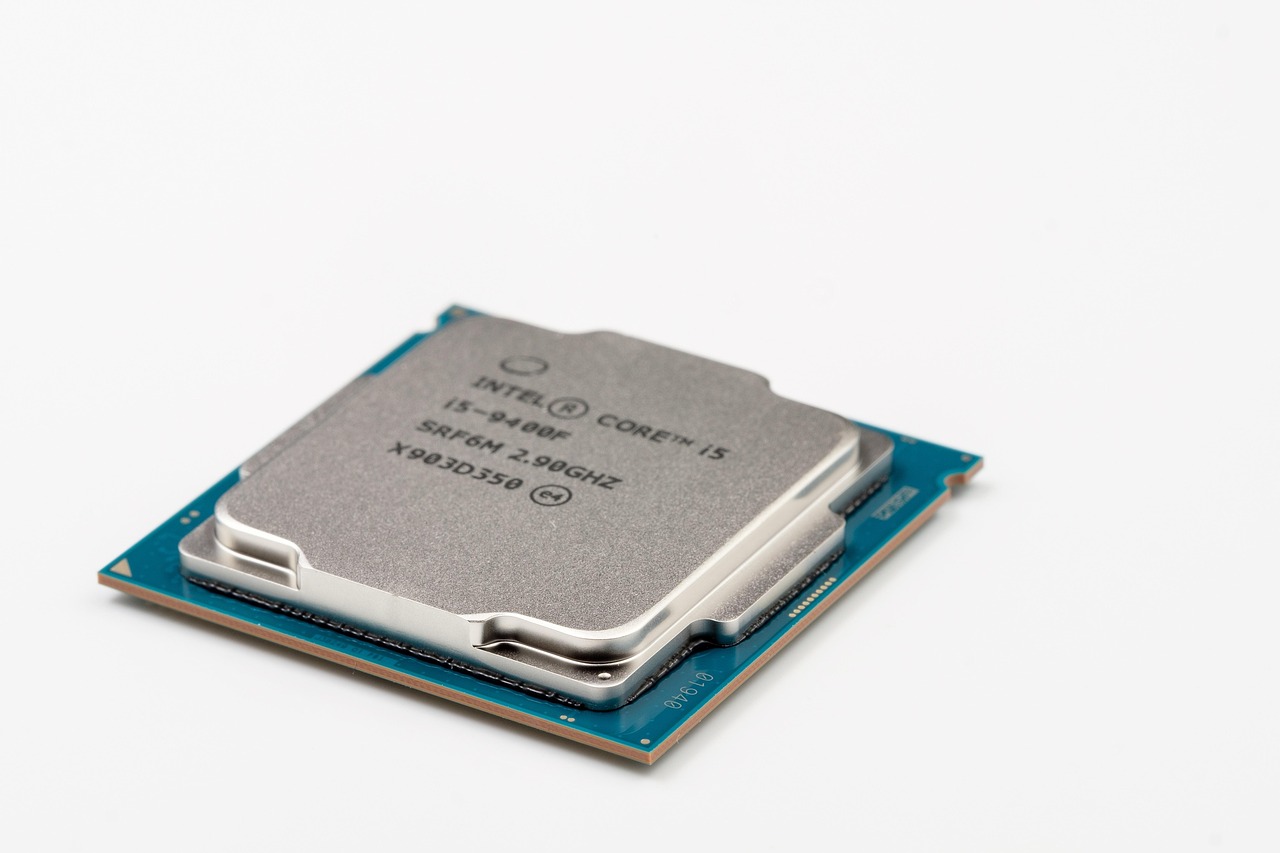Zhipu AI Expands Global Influence with Government Contracts and Huawei Partnership

Brief news summary
Chinese AI start-up Zhipu AI is rapidly expanding its global presence by securing government contracts in Malaysia, Singapore, the UAE, Saudi Arabia, and Kenya, highlighting its growing influence worldwide. With over $1.4 billion in Chinese state funding and strong backing from the Chinese Communist Party, Zhipu AI works closely with Huawei to promote Chinese AI standards in emerging markets. This collaboration aligns with China’s strategic goal to reduce reliance on U.S. technology and build a self-sufficient AI ecosystem amid geopolitical tensions. Huawei’s infrastructure enhances Zhipu AI’s innovation and deployment capabilities across key regions. In response, the U.S. Commerce Department has added Zhipu AI to its export control list, limiting its access to American technology to slow China’s AI progress. Zhipu AI’s rise exemplifies China’s integrated approach—merging technology development, geopolitics, and economic diplomacy, particularly through initiatives like the Belt and Road—to forge global partnerships and challenge Western AI dominance. This dynamic intensifies global AI competition and highlights the complex interaction of innovation, regulation, and international rivalry shaping the sector’s future.Chinese AI start-up Zhipu AI has made significant strides in securing government contracts across regions such as Malaysia, Singapore, the United Arab Emirates, Saudi Arabia, and Kenya, according to OpenAI reports. This expansion underscores the company’s growing influence in international AI markets, supported by over $1. 4 billion in state funding and strong backing from the Chinese Communist Party. Zhipu AI is collaborating closely with Chinese tech giant Huawei to deliver advanced AI solutions, aiming to establish Chinese AI standards in emerging markets and outpace U. S. and European competitors. This strategic push aligns with China’s broader government initiative to build a self-reliant, globally competitive AI ecosystem independent of American technology, especially amid rising geopolitical tensions and efforts to reduce reliance on foreign tech. By obtaining government contracts in key international regions, Zhipu AI is extending Chinese AI technology and influence worldwide. Huawei’s role as a key partner highlights the initiative’s significance. As a leading telecommunications and technology firm, Huawei’s resources and infrastructure effectively complement Zhipu AI’s innovations, accelerating the rollout of Chinese AI standards particularly in emerging economies with expanding technological needs. In response, the U. S. Commerce Department added Zhipu AI to its export control list in January, restricting its access to U. S. -origin components and technologies. This measure aims to limit Zhipu AI's ability to capitalize on American technological advances and reflects broader technology competition and national security concerns shaping the global AI industry. Zhipu AI’s growth, backed by state investments exceeding $1. 4 billion, illustrates China’s commitment to becoming a dominant global AI player. Focusing on Southeast Asia, the Middle East, and Africa broadens its geographic footprint and strengthens economic and technological partnerships with countries eager for cutting-edge AI solutions. Zhipu AI exemplifies a wider trend of Chinese tech firms establishing alternative standards and supply chains in crucial emerging technologies.
With support from the Chinese Communist Party, these firms pursue innovation and international expansion as part of a national strategy intertwining technological progress with geopolitics and economic diplomacy. The international contracts secured by Zhipu AI suggest governmental openness to Chinese AI providers, likely driven by competitive pricing, customized solutions, and strategic partnerships facilitated by China’s Belt and Road Initiative and diplomatic efforts. This dynamic may force Western and American tech companies to reassess their market positions amid rising competition from well-funded Chinese rivals. Meanwhile, U. S. restrictions on Zhipu AI highlight the complex balance between technological innovation and regulatory oversight in determining global AI leadership. Export controls and regulatory tools are increasingly used to manage technology transfer risks, protect sensitive innovations, and maintain strategic advantages. As AI supremacy intensifies, Zhipu AI’s development will draw close attention from analysts, policymakers, and competitors. Its ability to harness state support, partner with major tech companies like Huawei, and secure international government contracts reflects the shifting landscape of the global AI market. In summary, Zhipu AI’s expanding international role, fueled by substantial state investment and political backing, marks a key phase in China’s strategy to become a global AI leader. This approach emphasizes independence from American technology, setting Chinese AI standards, and deepening technological influence in emerging markets. U. S. export controls on Zhipu AI aim to mitigate risks but also underscore the fierce competition and strategic significance of artificial intelligence worldwide.
Watch video about
Zhipu AI Expands Global Influence with Government Contracts and Huawei Partnership
Try our premium solution and start getting clients — at no cost to you

I'm your Content Creator.
Let’s make a post or video and publish it on any social media — ready?
Hot news

Intel's AI Chips: Powering the Next Generation of…
Intel has officially introduced its latest advancement in artificial intelligence technology with a new generation of AI chips specifically designed to accelerate machine learning tasks.

Oracle AI Agents Help Marketing, Sales, and Servi…
Oracle has introduced new role-based AI agents within Oracle Fusion Cloud Applications aimed at enabling organizations to deliver intelligent customer experiences (CX) at scale.

Veriflow AI - AI-Powered Lead Generation for SMM …
Veriflow AI is transforming social media marketing (SMM) agencies’ lead generation by providing advanced AI-powered tools designed to identify high-intent clients on social platforms.

AI Marketing Platform Bluefish Inks 17K-SF Deal a…
Artificial intelligence-driven marketing platform Bluefish has inaugurated its first headquarters in Manhattan’s Flatiron District, according to Commercial Observer.

How AI-driven shopping discovery changes product …
As consumers increasingly adopt AI search, the industry has concentrated on the technical “how,” tracking everything from Agentic Commerce Protocols (ACP) to ChatGPT’s latest shopping tools, often overlooking a bigger transformation: conversational search.

AI Video Conferencing Tools Gain Popularity Amid …
As remote work becomes increasingly prevalent, AI-driven video conferencing platforms have emerged as essential tools for businesses and individuals.

AI-SMM — AI that runs social media
AI-SMM is transforming social media management through its advanced AI-powered platform that automates the entire social media workflow.
AI Company
Launch your AI-powered team to automate Marketing, Sales & Growth

and get clients on autopilot — from social media and search engines. No ads needed
Begin getting your first leads today








